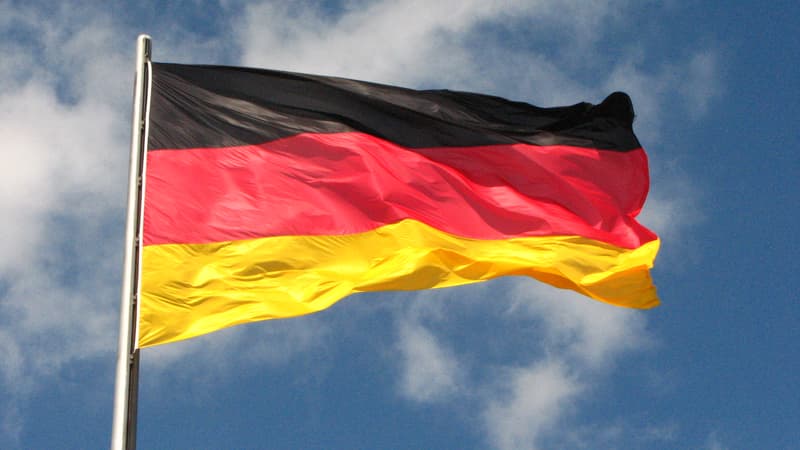Germany’s expected winter recession will be “milder than expected,” meaning Europe’s largest economy could nearly stagnate in 2023, according to an updated forecast from the Ifo Economic Institute published on Wednesday. German gross domestic product (GDP) is expected to contract in both quarters of the 2022/23 winter semester before picking up, so the full-year recession should be limited to -0.1%, according to Ifo, which until now anticipated a decrease of 0.3%.
After the pessimistic forecasts of the last months by the Government, the central bank or the IMF, the Ifo is the first institute that expects a less brutal economic slowdown, despite the important repercussions of the war in Ukraine and the energy crisis. This benchmark institute has also revised its growth forecast for 2022 upwards, to 1.8% compared to 1.6% so far, thanks to a much better-than-expected third quarter.
Billions of aid
On the side of the positive signs, “the demand for goods and services remains strong” and in the industry, “company order books are still well filled,” says the Ifo. Thus, orders placed with German industry rose again (0.8%) in October, driven by international markets, while industrial production resisted, limiting the fall to 0.1%.
“Private consumption was also sustained” until the end of the summer thanks to household savings reserves from the pandemic period. On the other hand, the German government has released billions in aid to purchasing power that has made it possible to mitigate the rise in inflation.
These factors are partly offsetting the skyrocketing prices for energy, daily consumer goods and production costs that weigh on the German economy. The company’s production is also affected by bottlenecks in supply chains and remains dependent on particularly volatile economic conditions in China, the country’s biggest trading partner.
Russian gas addiction
Europe’s largest economy, which was especially dependent on Russian gas before the invasion of Ukraine, is one of the hardest hit by the energy crisis unleashed by Moscow in its confrontation with the West. But Germany has worked hard to find alternative suppliers, betting in particular on imports of liquefied natural gas and fending off the specter of supply cuts feared by the powerful industrial sector.
Reflecting this less gloomy atmosphere than before the summer, German investor morale has improved markedly in the last two months, reflecting in particular the hope that inflation has peaked. Inflation stood at 10.0% in Germany in November, losing 0.4 points compared to October, thanks to a slowdown in the rise in energy prices.
The German government announced a massive €200 billion plan at the end of September to cap energy prices from early next year. Thanks to this intervention by the public powers, the inflation rate will drop from 7.8% this year to 6.4% annually in 2023, according to Ifo, levels significantly lower than the assumptions made in autumn. In its fall forecasts, the German government anticipated a recession of 0.4% in 2023, while the IMF estimated it at 0.3%.
Source: BFM TV


